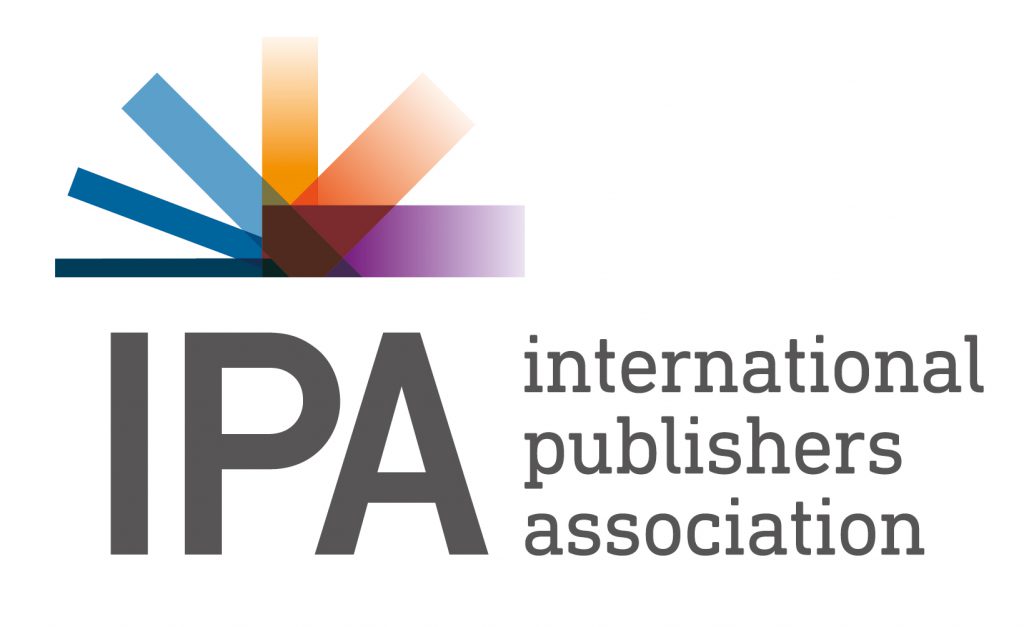The overview seeks to clarify the use in Australia of a statutory licence that enables teachers to copy and share materials and a ‘fair dealing’ exception (not to be confused with a US -style ‘fair use’ defence) that exists for private individuals as part of their research or study. Both these approaches work efficiently and equitably, providing users with fair access to content while giving creators and rightsholders fair remuneration for the use of their work. This is a far cry from the situation in Canada, where the unintended consequences of amendments to the Copyright Act in 2012 have resulted in severe downturns in income for writers and publishers alike.
Canadian blogger Hugh Stephens recently picked up on developments in Australia and provided his own views on the benefits of the Australian model and the risks that the Canadian one might present.
In other Canada news, Copibec and Laval have come to an out-of-court agreement on royalties for the university’s teaching and research activities. You can read statements from IPA members ACP and the CPC on the agreement. What is most striking about this settlement is the fact that, in francophone Canada at least, a respect for creativity and copyright allows an interpretation of the law where teachers, students, publishers and creators can all co-exist and prosper in a way that seems impossible elsewhere in Canada.
The Australian Copyright consultation closes on 4 July. The Canadian review will most probably continue into next year.

